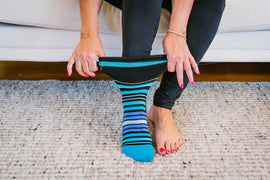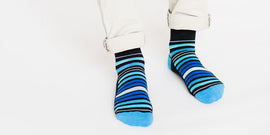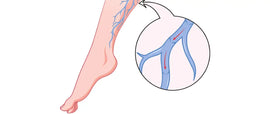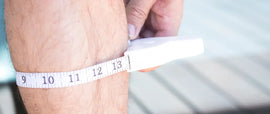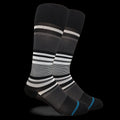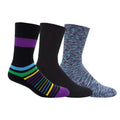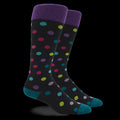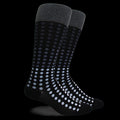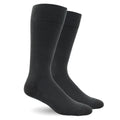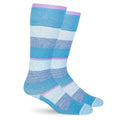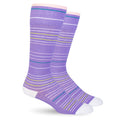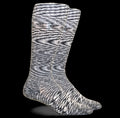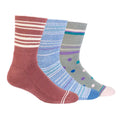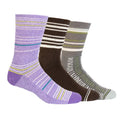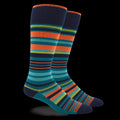Can Diabetics Eat Beans?
Posted by SIMON LIM

There is a lot of confusion about what people with diabetes can and cannot eat. This is especially true when it comes to beans. Can diabetics eat beans? In this blog post, we will discuss beans' nutritional value for those with diabetes and provide tips on including them in your diet.
All About Beans
Beans are a type of legume that come in wide different varieties. Some common beans include black beans, kidney beans, and navy beans.
Each type of bean has its unique flavor and texture. They are usually eaten cooked but some can also be eaten raw. Beans can be used in salads, soups, stews, and other dishes. They can also be ground into flour and used to make bread and pastries.
Nutritional Facts
For people with diabetes, choosing the right foods is essential for maintaining blood sugar levels. Beans are a great option, as they are high in fiber and protein and low in carbohydrates.
In addition, beans are a good source of vitamins and minerals. These include magnesium, potassium, and zinc. Beans also contain antioxidants that can help to protect cells from damage.
Beans and Diabetes
The Glycemic index is a rating system for foods that contain carbohydrates. It ranks carbohydrates on a scale from 0 to 100 based on how quickly and how much they raise blood sugar levels.
Foods with a high glycemic index are rapidly digested and absorbed. This can cause blood sugar levels to spike. In contrast, foods with a low glycemic index are slowly digested and absorbed. This results in a gradual increase in blood sugar levels.
Beans are a great example of low glycemic food. They are packed with fiber and protein, which help slow the absorption of carbohydrates. As a result, beans won't cause sudden blood sugar spikes and provide lasting energy.
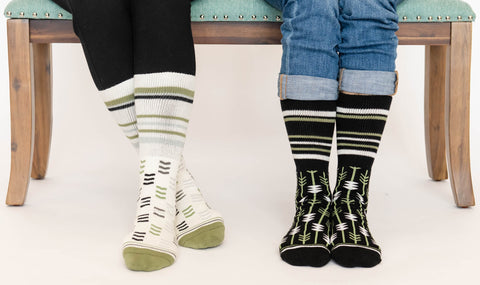
Health Benefits of Beans
Beans have several health benefits for people with diabetes.
- They can help regulate blood sugar levels
Beans are a good source of fiber and protein. These nutrients promote a gradual release of sugar and help to keep blood sugar levels steady.
- They can help you lose weight
Beans are low in calories and fat. Also, the fiber in beans can help to keep you feeling full and satisfied after meals. Plus, the protein in beans can help to build and repair muscle tissue, which is essential for burning fat.
- They can help you stay healthy
Beans are an excellent source of vitamins and minerals, and they can play a role in helping you stay healthy. Magnesium helps to regulate blood sugar levels, potassium helps to control blood pressure, and zinc is crucial for a healthy immune system. The fiber in beans can also help improve digestion and promote heart health.
Recommendations
Beans are an incredibly versatile food. They are nutritious and fat-free, making them an ideal food for those watching their weight. When cooking with beans, it's important to keep serving sizes in mind.
There are many different methods when cooking beans. You can simmer them on the stovetop, bake them in the oven, or even cook them in a slow cooker.
If you're looking for a healthy option, choose black beans or kidney beans. For a hearty meal, try cannellini beans or chickpeas. And for a quick snack, opt for lentils or split peas.
Beans can be a little bland, so it's best not to overdo the seasoning with salt. Try using different spices like cumin, garlic, or sage.
How to Include Beans in Your Diet
If you have diabetes, you can still enjoy beans as part of a healthy diet. Here are some tips on how to include beans in your diet:
- Add beans to soups, salads, or pasta dishes for extra fiber and protein.
- Make a bean dip or purée to enjoy with vegetables or whole grain crackers.
- Use beans as a replacement for meat in meals. For example, replace ground beef with black beans in tacos or make a three-bean chili.

Tips When Buying Canned Beans
Canned beans are a boon to any busy cook. They're quick and easy to use. But not all canned beans are created equal. Here are a few tips to help you choose the best beans for your needs.
When buying canned beans, look for brands that are lower in sodium. This is important because too much sodium can cause water retention and increase blood pressure. Check the nutrition label to see how many grams of carbohydrates are in one serving. For a diabetic diet, choose a brand with a higher protein and fiber.
Once you've chosen the right type of beans, it's important to prepare them properly. Always rinse canned beans before using them, as this will help to remove some of the sodium.
Takeaways
Can diabetics eat beans? Yes! Beans are a nutritious and healthy food choice for people with diabetes. They can help regulate blood sugar levels, provide essential nutrients, and even help you lose weight.
Just be sure to check the label on canned beans to make sure you’re getting only the good stuff. So, don't forget to add beans to your next meal!
SHARE:




